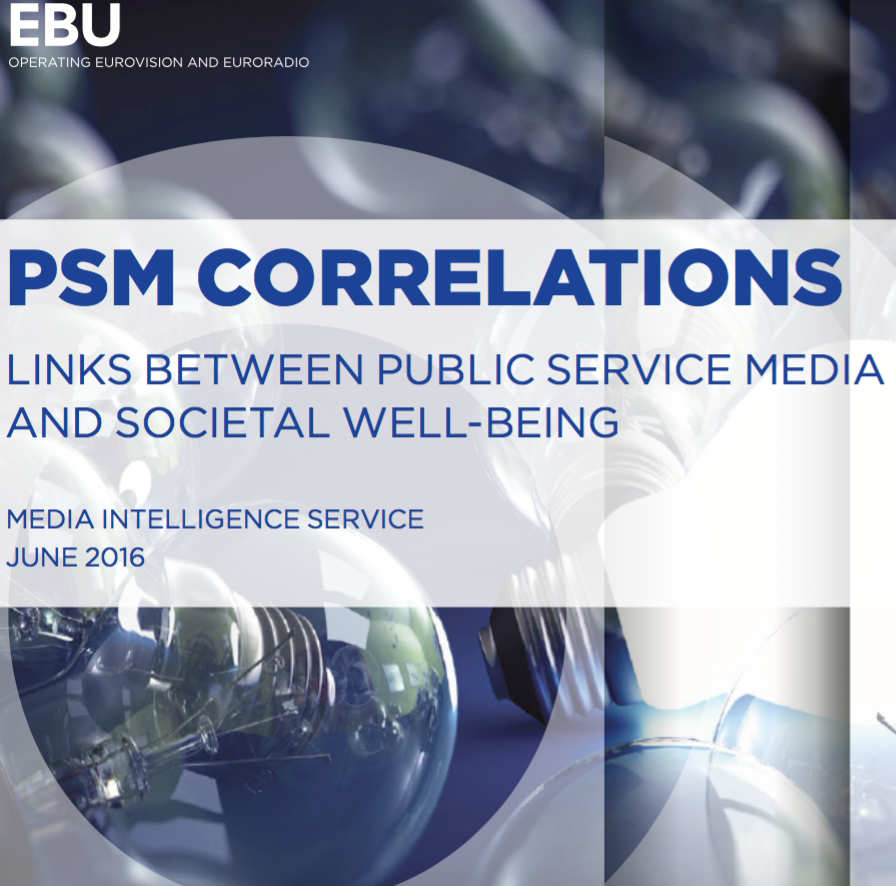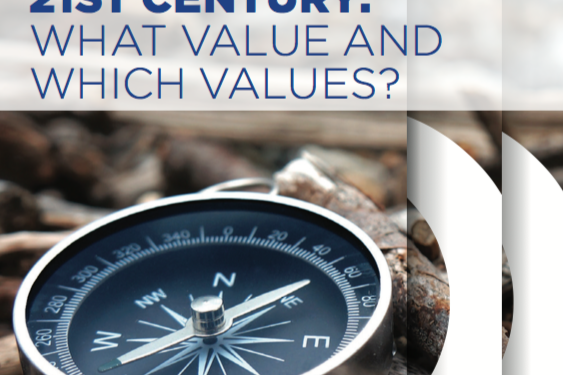
Valuable new research from the European Broadcasting Union (EBU) highlights the role of public service media in contributing to a healthy and robust democracy.
In what is a turbulent time for public service broadcasters (PSB) globally, this research helps to reaffirm the fact that public service media (PSM) organisations are essential democratic components. The report found that levels of press freedom and voter turnout was far higher in countries where PSM was more developed and popular, whilst the level of corruption and right-wing extremism was much lower than those with less independent, less robust PSM systems.
The 25-country study, titled “PSM Correlations: Links between public service media and societal well-being“, was developed using a “number of internationally established and widely used social, political and development indicators”, which were ranked by country and correlated with the status of their public media organisations.
The report comes after a number of media freedom groups (RSF, Freedom House) suggested that there has been a general decline in the level of press freedom worldwide. More specifically, European PSMs from Poland to Switzerland and Croatia are facing increasing political pressure from their respective governments.
Last week we reported on the threats faced by Italian and Spanish public broadcasters. In Spain, media professionals and journalists have rallied against the level of political control over RTVE, which has contributed to a loss of reputation from the public and transparency. Meanwhile in Italy, broadcaster Rai is faced with a more politically inclined Board of Directors than ever before.
It is hoped that this new research will contribute to efforts to protect, bolster and empower public media organisations to achieve their remits as independent providers of impartial news and informative content that audiences can trust, particularly in election periods.
Related Posts
22nd March 2016
PSM in the 21st Century: What value and which values?
This article is an edited version of…
